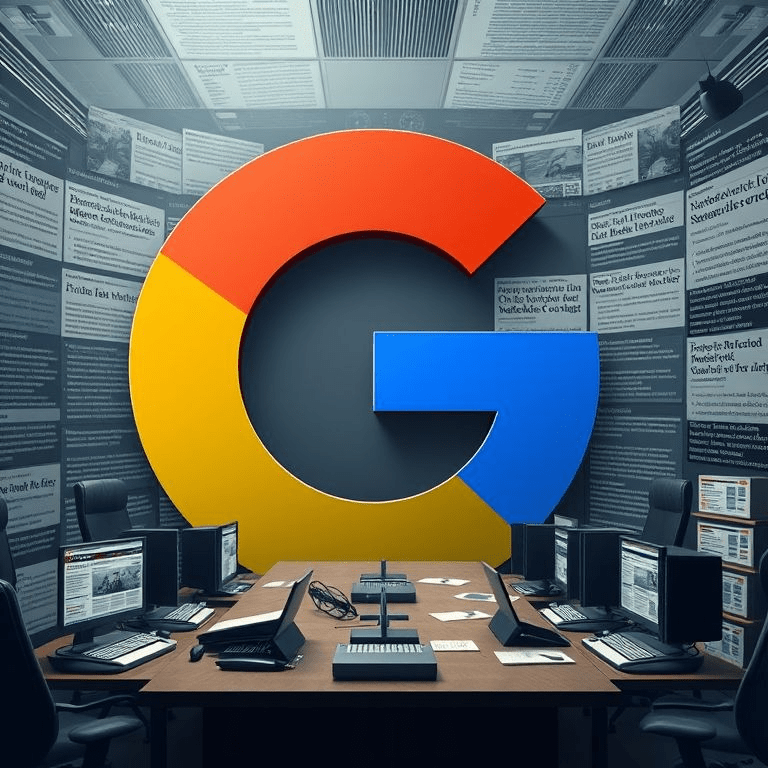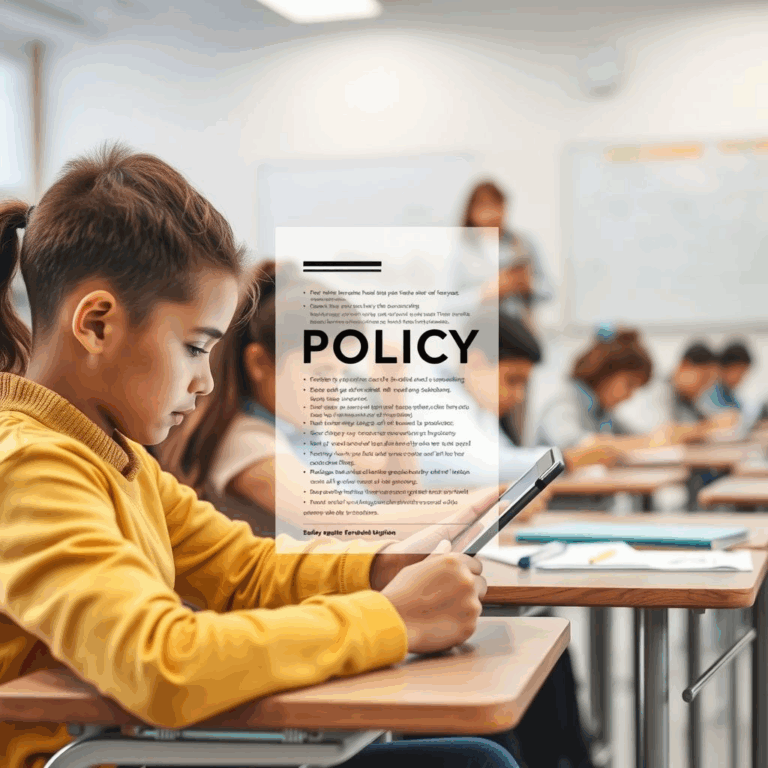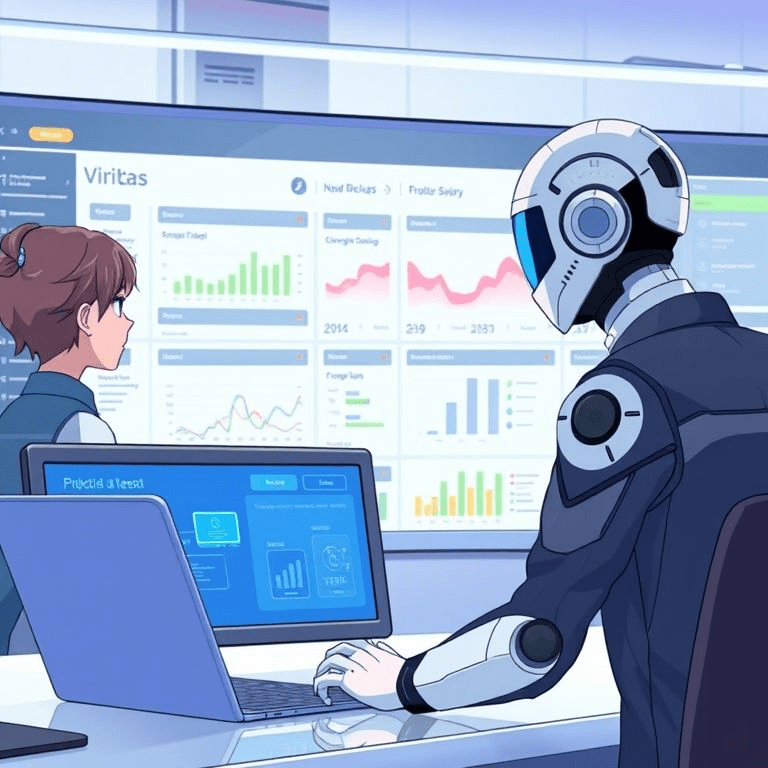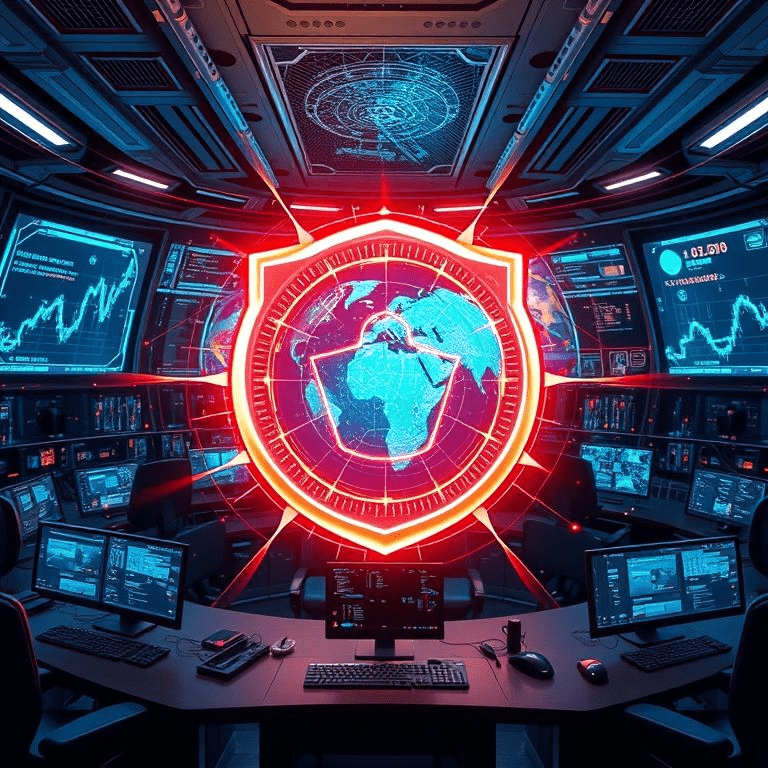Introduction: A Legal Clash Over AI and Journalism
The battle between publishers and technology giants has reached a new flashpoint. Penske Media Corporation (PMC), one of the largest magazine publishers in the United States and owner of iconic brands like Rolling Stone, Billboard, and Variety, has filed a lawsuit against Google over its controversial google-ai-overviews feature. The lawsuit, filed in federal court in Washington, D.C., accuses Google of unlawfully using and profiting from publishers’ journalism by turning it into AI-generated summaries that reduce traffic to the original sources.
This lawsuit marks a critical turning point in the ongoing debate around artificial intelligence, copyright, and the economics of digital news. It also has the potential to reshape how generative AI systems interact with media content and could set important legal precedents for the future of AI-driven search.
Background: What Exactly Are “Google AI Overviews”?
Launched earlier this year as part of Google’s broader AI integration strategy, google-ai-overviews are short, machine-generated summaries that appear at the top of search results. Using advanced natural language processing, Google’s system aggregates information from across the web, condensing it into a short, conversational snippet intended to answer user queries instantly.
The pitch is simple: why scroll through multiple search results when Google can provide the answer immediately? But for publishers who depend on clicks and ad impressions, this convenience comes at a cost.
Publishers argue that these summaries replicate the essence of original reporting without sending readers to their websites. In a world where every click translates into ad dollars, subscription opportunities, or sponsorship value, the diversion of traffic is no small matter.
Penske Media’s Allegations
Penske’s lawsuit levels several allegations against Google:
- Unauthorized Use of Journalism
- The company claims Google’s AI system “systematically ingests” proprietary reporting, then regurgitates it in summaries that compete directly with the originals.
- Economic Harm
- Penske argues that AI Overviews have reduced referral traffic to its publications, harming advertising revenue and undermining its subscription models.
- Copyright Infringement
- At the heart of the lawsuit is the question of whether Google’s AI summaries constitute a transformative “fair use” of journalistic content or an unlawful derivative product.
- Monopoly Power Abuse
- Penske alleges that Google, with its overwhelming dominance in search, is using AI Overviews to strengthen its control over online information, disadvantaging publishers further.
The lawsuit seeks both damages and injunctive relief to curtail Google’s practices.
Google’s Defense: “We Drive Traffic, Not Take It”
Google has defended google-ai-overviews, claiming that the feature increases visibility for publishers by surfacing their content in a new format. A company spokesperson argued that AI Overviews help users discover content they may have otherwise missed and are “complementary” rather than competitive.
Google’s legal team also points to its history of driving billions of visits to publishers annually, arguing that the feature falls within fair use doctrine because it transforms existing content into a new expression designed for utility.
But critics counter that these summaries often satisfy user curiosity immediately, leaving little incentive to click through.
The Stakes: Journalism’s Struggle for Survival
The lawsuit comes at a precarious time for the news industry. Many outlets are facing declining ad revenue, shrinking newsroom budgets, and increased competition from social media platforms and independent creators. AI has now emerged as both a tool for productivity and a perceived threat to original reporting.
If publishers cannot protect their intellectual property from AI appropriation, their financial viability could be further endangered. Penske’s decision to pursue litigation may encourage other media giants — from The New York Times to regional publishers — to file their own suits or push for licensing deals.
Industry Reactions: Divided Opinions
The lawsuit has sparked strong reactions across the media and tech industries:
- Support from Publishers
Many news organizations privately express solidarity with Penske. Executives argue that unchecked AI use of journalism threatens the entire ecosystem of original reporting. - Caution from Smaller Outlets
Some smaller publishers are hesitant, fearing backlash or delisting from Google search results if they pursue similar legal action. - Tech Industry Pushback
AI advocates argue that over-regulating generative systems could stifle innovation and reduce consumer benefits.
Legal Questions at the Core
At the center of the case lies a fundamental copyright question: Are AI-generated summaries a transformative use of journalism, or a derivative copy?
- Fair Use Argument: Google may argue that the AI Overviews are transformative, condensing large volumes of data into a new, machine-generated expression.
- Derivative Work Argument: Penske contends that the summaries are essentially condensed copies that exploit the same market as the originals.
Legal scholars say the ruling could establish a precedent for whether generative AI tools can summarize or synthesize journalism without explicit licenses.
Historical Parallels: From Napster to News Aggregators
This lawsuit is not without precedent. In the early 2000s, the music industry fought Napster over unauthorized music sharing. In the 2010s, publishers pushed back against news aggregators like Google News, eventually leading to licensing agreements in some countries.
The Penske-Google case may be the next evolution of this recurring conflict between content creators and tech platforms.
Global Context: Other Governments Step In
While the U.S. is just beginning to litigate these questions, other countries have already moved forward:
- Australia: Passed a law requiring Google and Facebook to pay publishers for news links.
- Canada: Introduced legislation demanding compensation for news content used in digital platforms.
- EU: Exploring stricter AI content regulations under the AI Act.
The Penske lawsuit could serve as the U.S. equivalent of these efforts, forcing the courts to weigh in.
Future Outlook: What Comes Next?
Several scenarios could unfold:
- Settlement and Licensing Deals
- Google could negotiate licensing arrangements with Penske and other publishers, similar to deals already struck in Europe.
- Court Ruling in Favor of Google
- If courts side with Google, it may embolden tech companies to continue or expand AI-driven features with minimal publisher compensation.
- Court Ruling in Favor of Publishers
- A victory for Penske could reshape AI product design, forcing platforms to create compensation systems for content creators.
Either way, the case will set a legal precedent with wide-reaching consequences for AI, journalism, and digital competition.
Conclusion: Journalism at a Crossroads
The Penske vs. Google lawsuit over google-ai-overviews isn’t just a fight over one AI feature. It represents a broader struggle to define the boundaries between human creativity and machine intelligence, between tech giants and content creators, and between convenience for users and survival for publishers.
Whether this case results in a settlement, licensing scheme, or landmark court ruling, its outcome will likely determine how journalism coexists with generative AI in the digital age.







